Publikationen
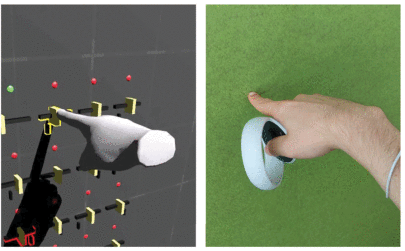
Passive Haptic Feedback for Control Elements in Virtual Reality (2024)
2024 IEEE Conference on Virtual Reality and 3D User Interfaces Abstracts and Workshops (VRW)
Markus Tatzgern, David Fasching, Vivian Gómez, Sebastián Calvache, Pablo Figueroa
We designed a controller-based hand input method that allows users to perceive haptic feedback with typical handheld controllers when interacting with virtual control elements while at the same time benefitting from precise controller-based tracking. We performed an experiment comparing our controller-based input method against native HMD hand tracking. Interestingly, hand tracking was robust and precise during interactions with most control elements in our experimental setup. A surprising outcome was that haptic feedback generally slowed down users during interaction, potentially due to a fear of hitting the physical surface during interaction.

Augmented und Virtual Reality (2023)
Digitale Medienbildung: Pädagogik-Didaktik-Fachdidaktik
Josef Buchner, Markus Tatzgern, Ines Deibl, Miriam Mulders
Trotz der technologischen Reife von Augmented Reality (AR) und Virtual Reality (VR) und der breiten Verfügbarkeit von AR/VR-Anwendungen ist deren Verwendung im Schulunterricht noch eher die Ausnahme. Dieses Buchkapitel zeigt Potenziale für den Einsatz von AR/VR im Unterricht auf, um die Nutzung dieser Technologien im Unterricht zu inspirieren und Hemmschwellen abzubauen. Die erarbeitete Umsetzungshilfe für AR/VR im Unterricht basiert dabei auf den Möglichkeiten aktueller Technologien bzw. dem Stand der aktuellen didaktischen Forschung. Statt bestehende Unterrichtsmethoden zu ersetzen, hat die Umsetzungshilfe das Ziel, AR/VR als Ergänzung und Unterstützung von bestehenden Lerninhalten in den Unterricht zu integrieren.
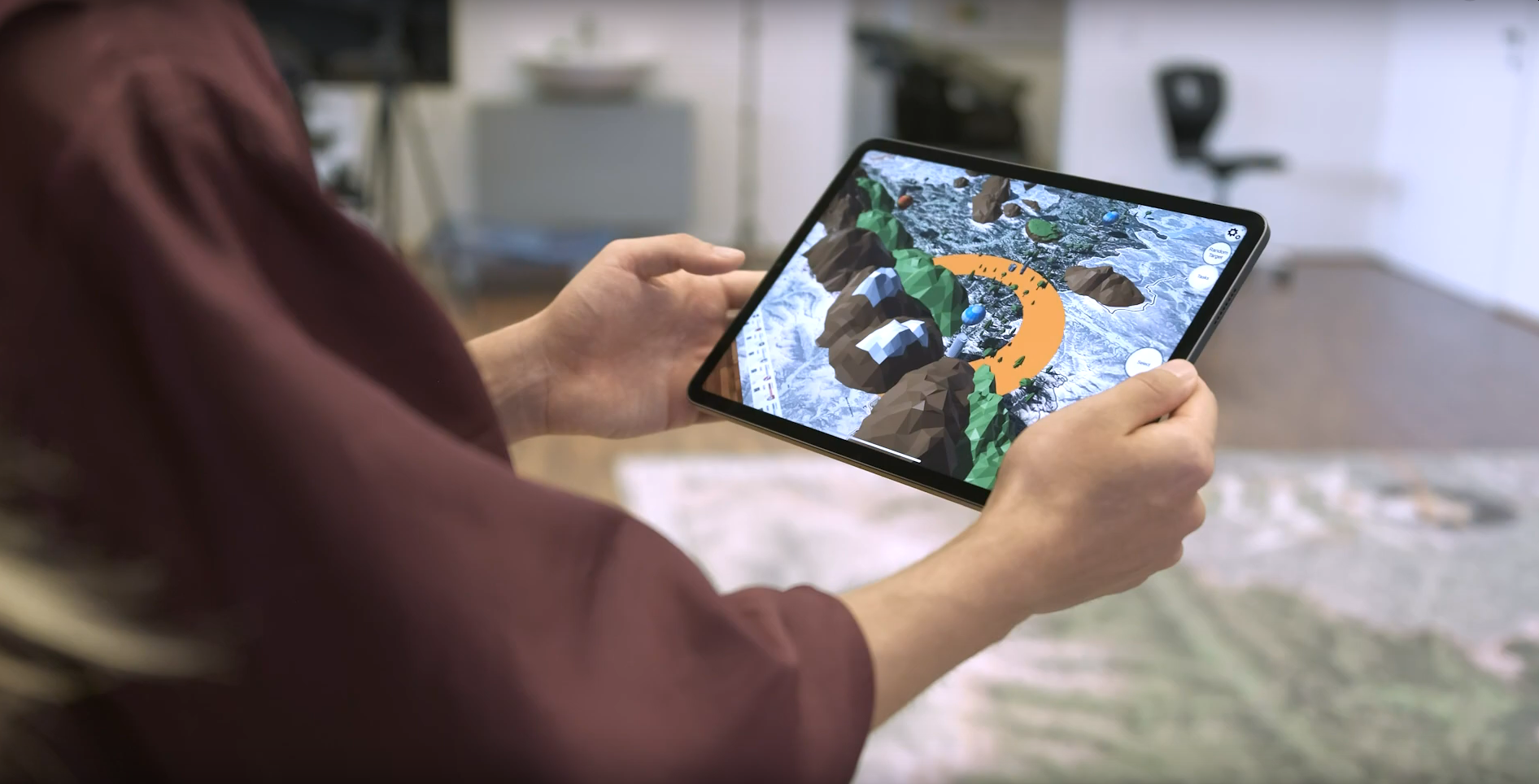
Effekte von Prompting beim Augmented Learning im Sachunterricht der Primarstufe (2023)
GDCP-Jahrestagung 2023, Hamburg, Deutschland
A. Anzengruber, T. Fleischer, J. Zumbach
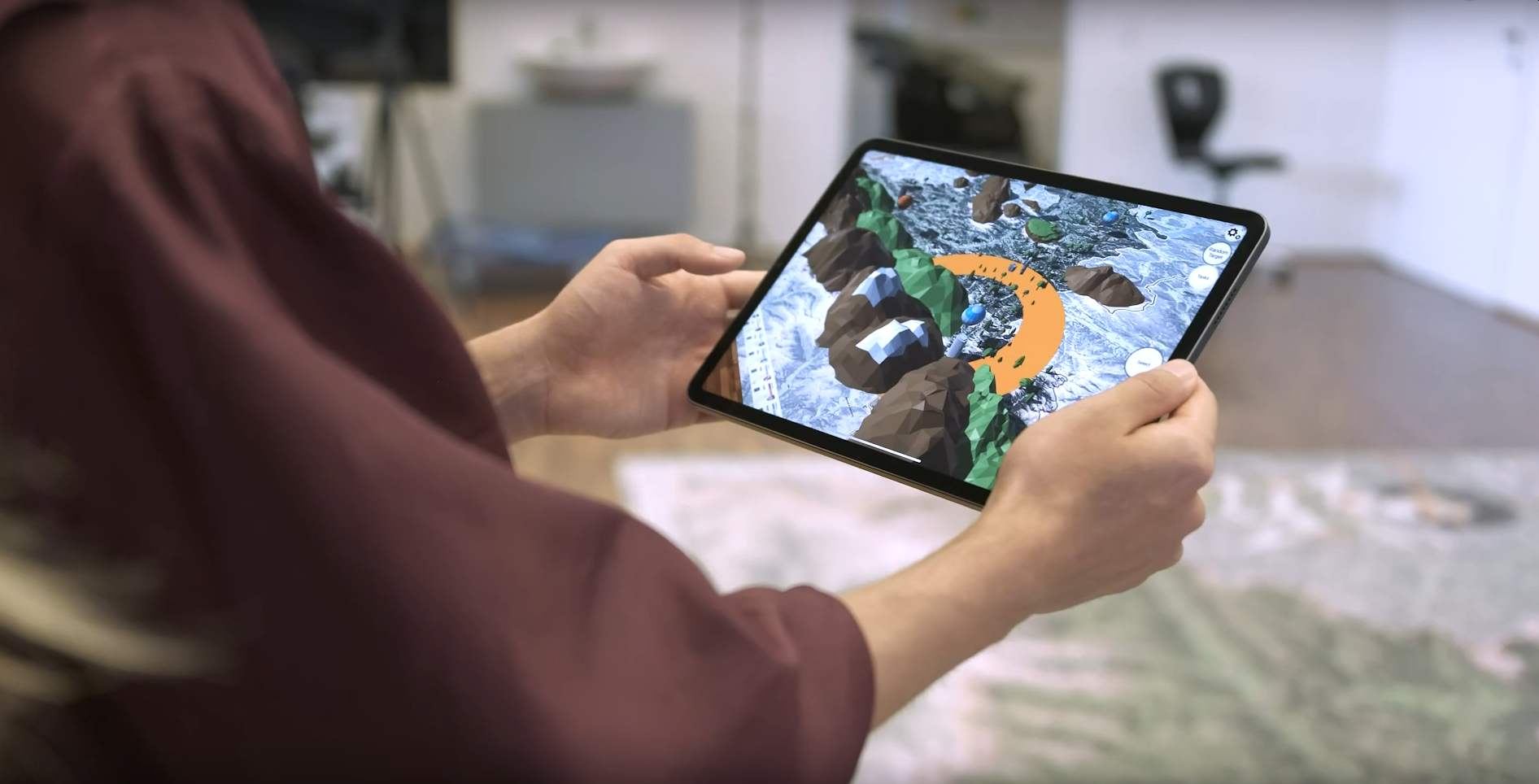
Augmented Learning Lab – eine hybride Lernumgebung für innovativen Sachunterricht (2023)
Jahrestagung der Gesellschaft für Didaktik des Sachunterrichts (GDSU) 2023, Pädagogische Hochschule Salzburg (AUT)
M.C. Fritz, C. Egger, T. Fleischer, D. Zezula, M.Tatzgern, M. Wolf, G. Wagner, S. Fink, H. Neureiter
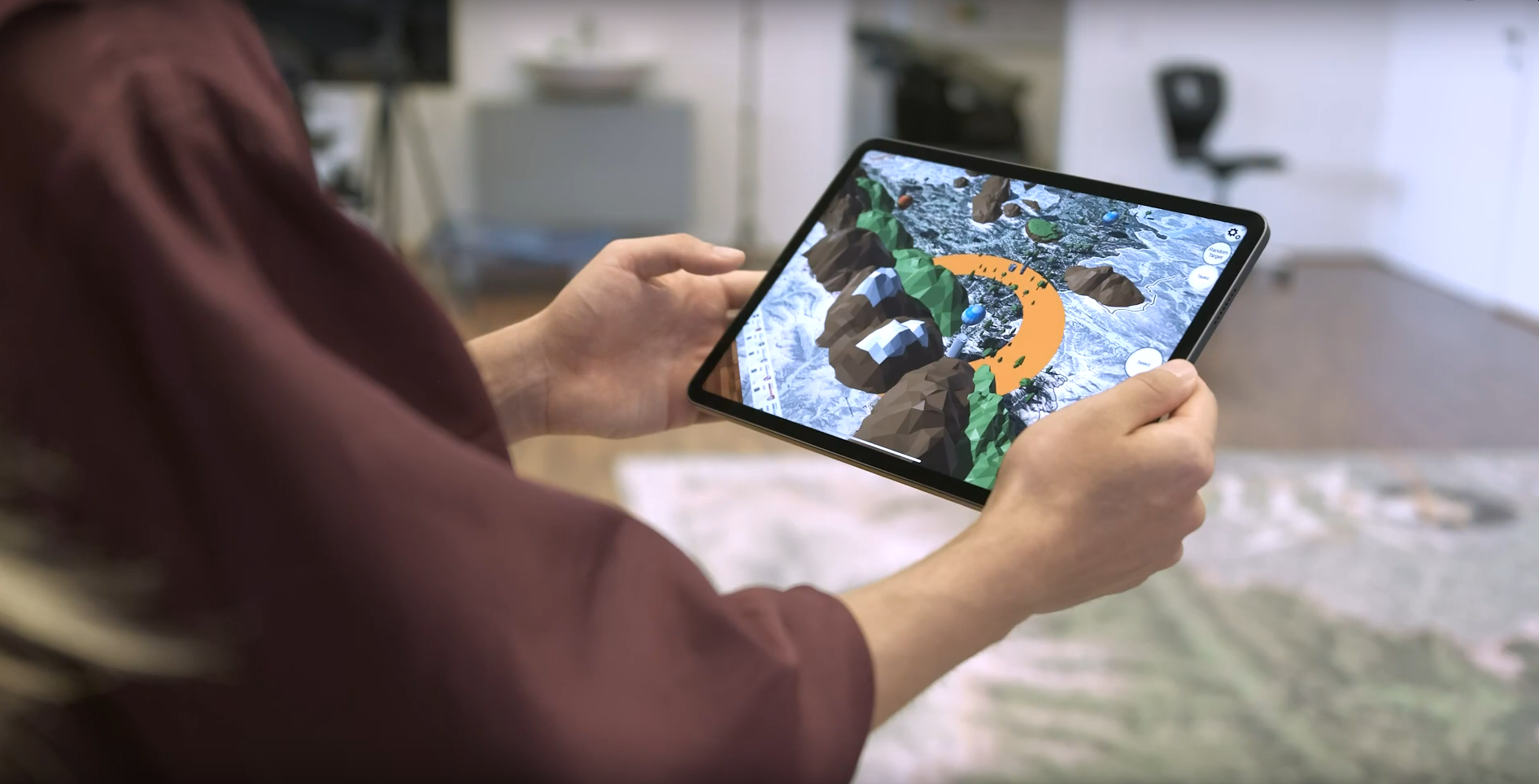
Zentrifugieren und Homogenisieren im Sachunterricht (2023)
GDCP-Jahrestagung 2023, Hamburg, Deutschland
M.C. Fritz, C. Egger, H. Neureiter, T. Fleischer
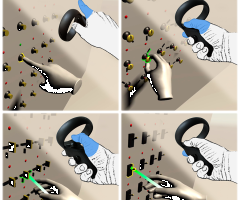
Exploring Input Approximations for Control Panels in Virtual Reality (2021)
2021 IEEE Virtual Reality and 3D User Interfaces (VR)
Markus Tatzgern, Christoph Birgmann
Today's availability of sophisticated consumer-grade Virtual Reality (VR) hardware provides affordable access to training simulation technology. In contrast to more traditional high fidelity training simulations utilizing physical replicas of control panels that allow natural interaction, users of virtual training often rely on handheld VR controllers to manipulate simulated controls. Therefore, control manipulations of virtual buttons and sliders must be mapped to approximations of real hand manipulations. For instance, the turning of a physical knob with thumb and index finger can be mapped to a gross motor forearm rotation, or a fine motor joystick manipulation when manipulating a controller. In this paper, we present an exploration of hand input approximations of real hands to manipulate the buttons, toggles, knobs and sliders using typical handheld VR controllers. We use common Oculus Quest controllers that rely on capacitive sensing to create basic, approximate hand gestures. We demonstrate the potential of our designs by performing an experiment in which we compare approximate hand gestures against using the controller's joystick that allows fine motor control using thumb input, and a baseline ray-casting interaction that is commonly used in VR applications. We provide a detailed analysis of our interaction designs using the Framework for Interactive Fidelity Analysis (FIFA), which allows us to discuss differences between input approximations and the real-world hand manipulations.